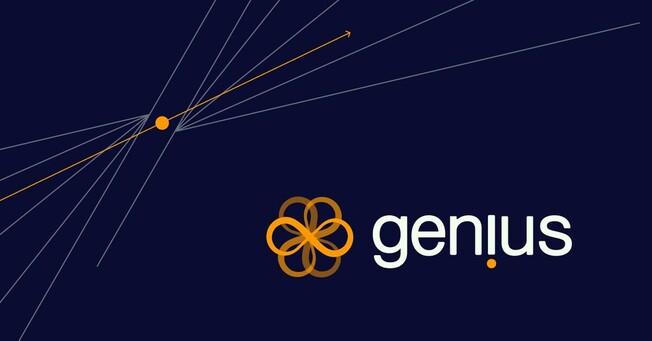
🤖 Artificial Intelligence (AI) is transforming the world of work, raising concerns about job security. While AI can automate tasks and replace some jobs, there are limitations to its capabilities. Let's explore the jobs AI can and cannot replace, shedding light on the evolving work landscape.
AI excels at data analysis, pattern recognition, and repetitive tasks, impacting industries like manufacturing and customer service. Routine-based jobs can be automated, freeing up humans for more complex work. However, jobs requiring cognitive skills, creativity, and emotional intelligence are less likely to be replaced. Fields like healthcare, law, and arts rely on human expertise and adaptability.
Jobs emphasizing social interaction, such as hospitality and counseling, rely on human connection and relationship-building. Despite advancements in AI, human interaction remains irreplaceable. The future of work is not solely about job replacement but also job creation and augmentation. New roles like AI trainers and data analysts are emerging, requiring human oversight and collaboration.
To prepare for the future of work, embrace lifelong learning and develop human-centric skills like empathy and communication. Foster collaboration between humans and AI, leveraging their respective strengths. Prioritize ethical AI use, ensuring fairness and transparency. Also, invest in education and training programs that will teach you the skills you need to succeed in the future. We need to make sure that everyone has the opportunity to participate in the new economy.
The rise of AI is a major disruption to the world of work. However, it is not all bad news. AI is also creating new jobs and opportunities. The key is to be prepared for the changes that are coming and to invest in our workforce. By understanding AI's capabilities and human strengths, we can navigate this transformation and create a better world.
















Leave a Reply